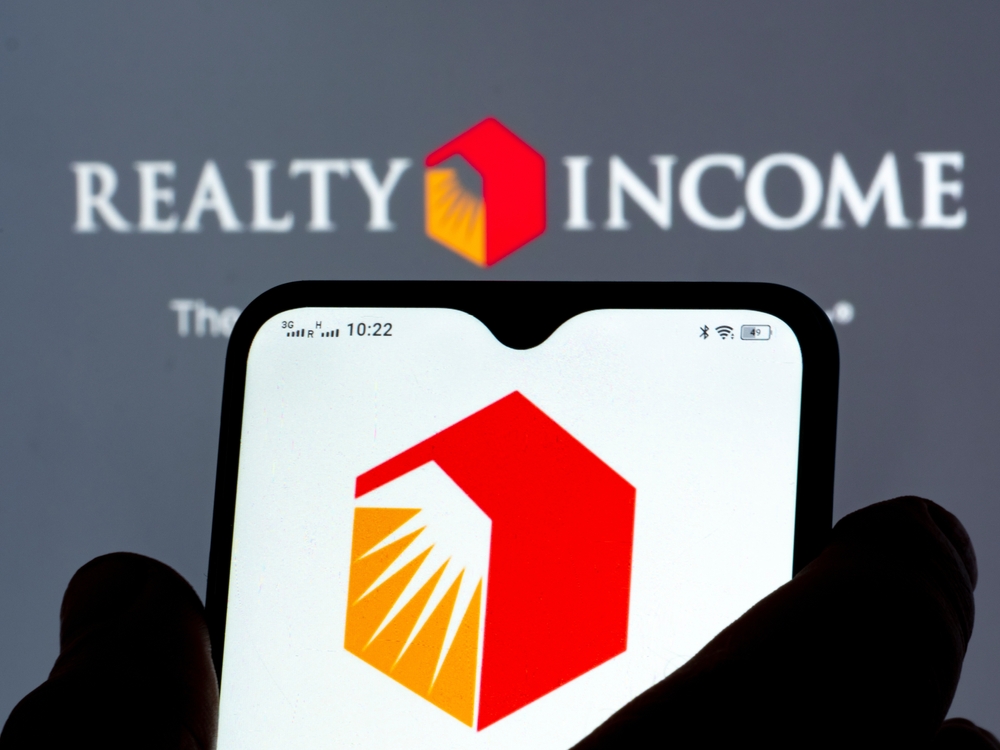
Valued at a market cap of $47.8 billion, Realty Income Corporation (O) is a real estate company that acquires and manages freestanding commercial properties, which reap rental revenue under long-term net lease agreements. The San Diego, California-based company’s properties are leased to tenants belonging to multiple separate industries.
Shares of this REIT have significantly underperformed the broader market over the past 52 weeks. Realty Income has marginally declined over this time frame, while the broader S&P 500 Index ($SPX) has gained nearly 22.7%. On a YTD basis, the stock is up 2.3%, slightly lower than SPX’s 2.7% rise.
Narrowing the focus, O has lagged behind the Real Estate Select Sector SPDR Fund’s (XLRE) 7.8% gain over the past 52 weeks but has outpaced XLRE’s 1.8% rise on a YTD basis.

Shares of Realty Income closed down for three consecutive trading sessions following its Q3 earnings release on Nov. 4. The company delivered revenues of $1.3 billion, which slightly missed the consensus estimates. This might have dampened investor confidence. However, the top line advanced 28.1% from the year-ago quarter. A marginal year-over-year and sequential decrease in portfolio occupancy and a $63 million non-cash charge related to a convenience store client affected the company’s otherwise strong results to some extent and led to its top-line miss. Nonetheless, on the brighter side, its AFFO of $1.05 per share improved by 2.9% annually and came in line with the Street’s forecast.
For the fiscal year, which ended in December, analysts expect Realty Income’s EPS to grow 4.8% year over year to $4.19. The company’s earnings surprise history is mixed. It surpassed or met the Wall Street estimates in three of the last four quarters while missing on another occasion.
Among the 23 analysts covering the stock, the consensus rating is a “Moderate Buy,” which is based on six “Strong Buy,” one “Moderate Buy,” and 16 “Hold” ratings.

This configuration is slightly less bullish than three months ago, with seven analysts suggesting a “Strong Buy” rating.
On Jan. 16, Scotiabank maintained a “Sector Perform” rating on O but lowered its price target to $59, which indicates an 8% potential upside from the current levels.
The mean price target of $61.37 represents a 12.3% upside from Realty Income’s current price levels, while the Street-high price target of $67 suggests an upside potential of 22.6%.







